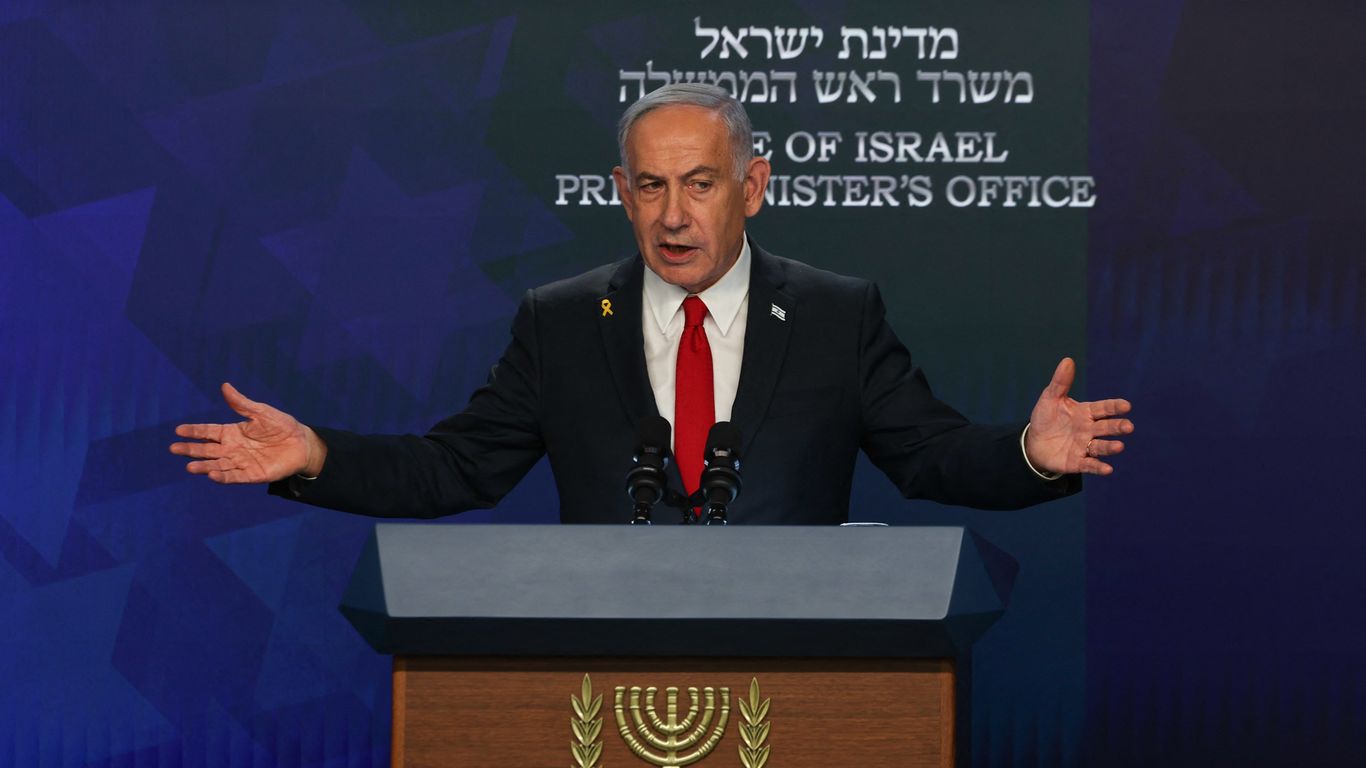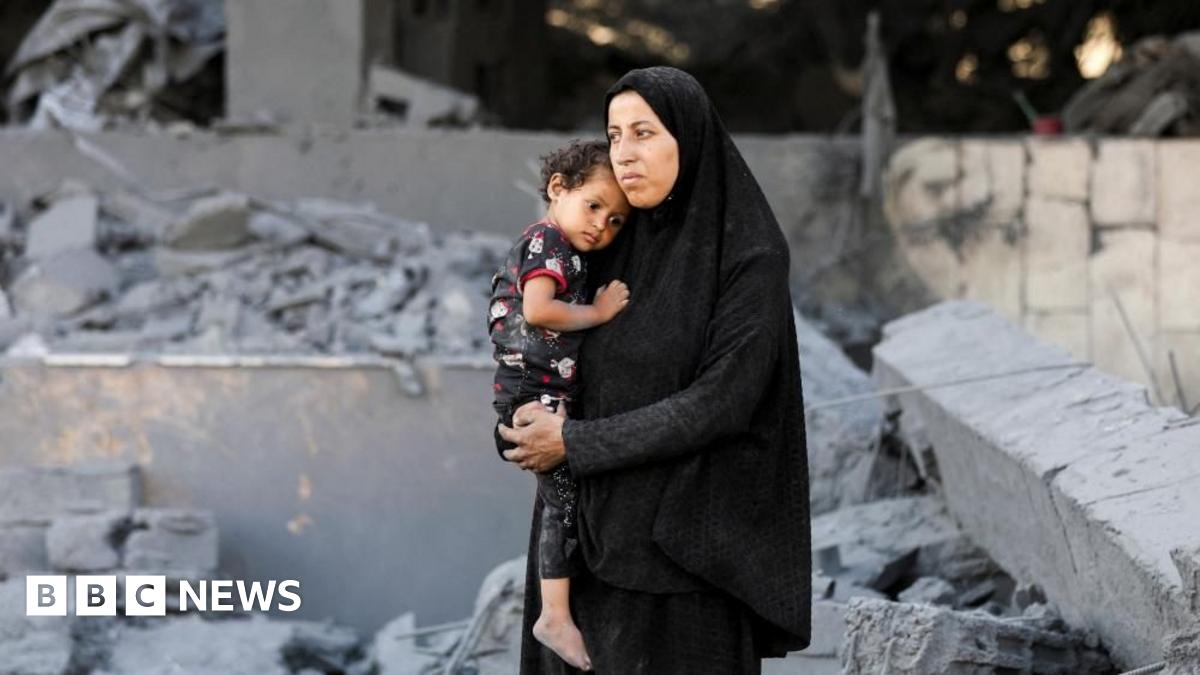Israeli Military Launches First Stages of Assault on Gaza City

Israeli Military Launches First Stages of Assault on Gaza City
The Israeli military has announced that they have begun the first stages of their assault on Gaza City. The operation, which is expected to last until next year, has already seen call-up letters sent out to 60,000 reservists in order to bolster their forces. The decision to launch the assault comes after weeks of escalating tensions between Israel and Palestine, with both sides exchanging rocket fire and airstrikes.
Call-Up Letters Sent to 60,000 Reservists
The call-up letters have been sent to 60,000 reservists in order to provide extra support for the Israeli military. This move showcases the seriousness of the situation and the determination of the Israeli government to end the ongoing conflict. The reservists will be joining the already 100,000 active-duty troops who have been deployed to the border with Gaza.
Expected Duration of Operation and Impact on Civilians
The Israeli military expects the operation to last until next year, which raises concerns about the impact on civilians and the ongoing humanitarian crisis in Gaza. The region has already been struggling with shortages of food, medicine, and other essential supplies. It is crucial for world leaders to work towards a peaceful resolution and end the violence that has been devastating both Israel and Palestine for far too long.
About the Organizations Mentioned
Israeli Military
The **Israel Defense Forces (IDF)** is the military organization of Israel, encompassing the army, navy, and air force, established in May 1948 shortly after Israel declared independence[1][6]. Its primary mission is to defend Israel from external threats, stemming from the country's unique geopolitical situation surrounded by often hostile neighbors. The IDF's operational doctrine emphasizes rapid mobilization of overwhelming force to decisively defeat enemies, reflecting a strategic imperative that Israel cannot afford to lose a war[1][3]. The IDF's structure is distinctive for its integration of land, air, and sea forces under a unified command, along with compulsory conscription that includes both men and women[2]. It comprises specialized units such as the elite Sayeret Matkal (special reconnaissance), Shayetet 13 (naval commandos), and paratrooper brigades, alongside conventional combat brigades like Golani and Nahal[5]. The force maintains a relatively small standing army (around 125,000 active troops, many conscripts) but relies heavily on a well-trained reserve force and advanced intelligence capabilities for early warning and operational planning[1][4]. A key feature of the IDF is its advanced technological integration, including cutting-edge missile defense systems like the Iron Dome and Arrow, and collaboration with U.S. defense industries on platforms such as the F-15 fighter jet[2][4]. Israel’s military industries, including Rafael Advanced Defense Systems and Elbit Systems, contribute significantly to indigenous innovation in defense technology, impacting both national security and the global arms market[2]. Strategically, the IDF focuses on deterrence, early intelligence, comprehensive defense across land, sea, air, and cyber domains, and swift victory in conflict[3]. Its doctrine balances the need to counter conventional state actors and asymmetric threats like terrorism. The IDF’s influence extends beyond defense, shaping Israeli society, economy, and technological advancement, making it a pivotal institution in business and technology contexts.











